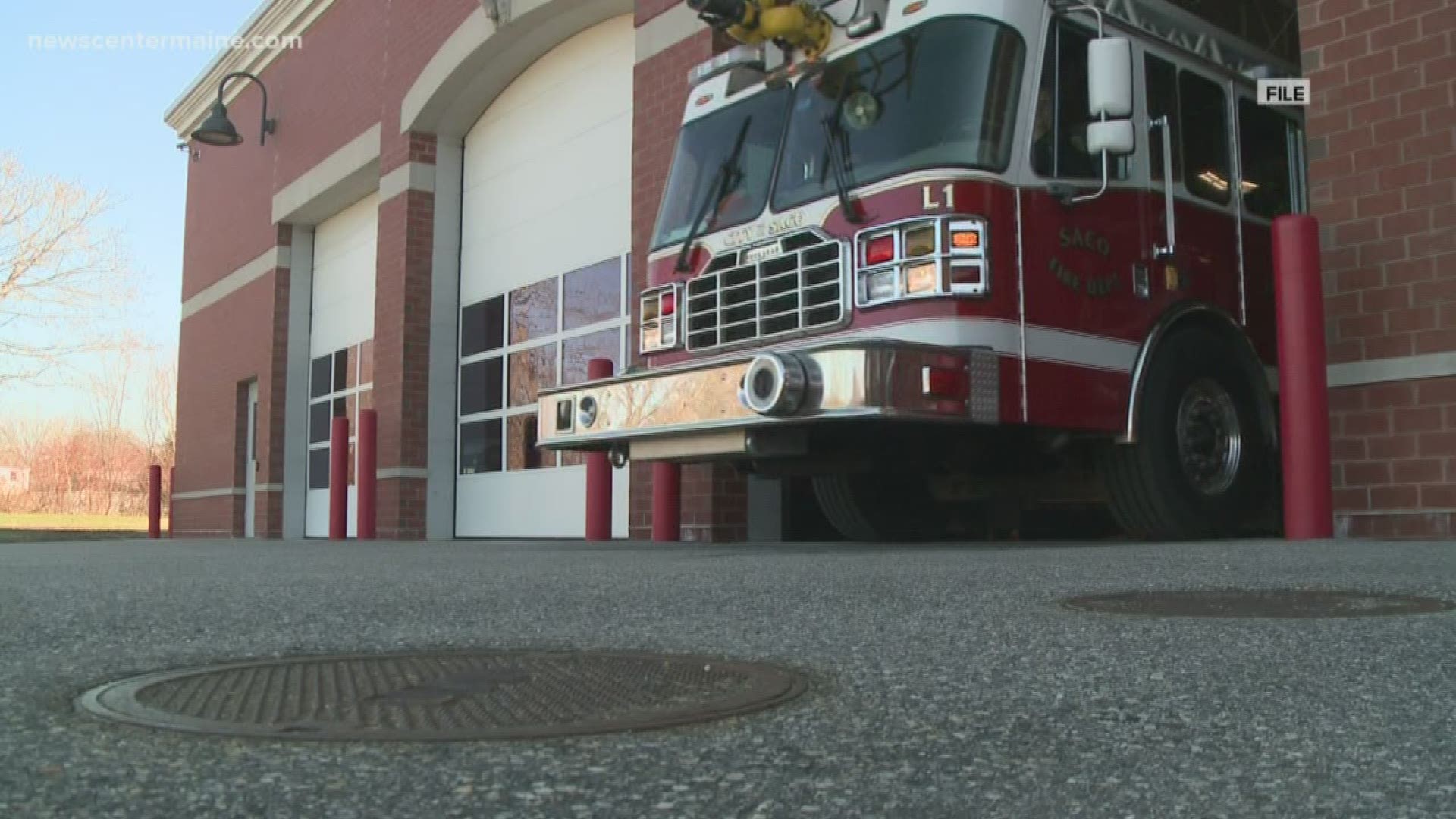MAINE, USA — A proposal to beef up health insurance benefits for retired emergency responders has received the approval of a legislative committee in Maine.
The bill from Democratic Sen. Nate Libby is designed to strengthen the state's law about the health insurance program for retired firefighters and law enforcement officers.
“The brave firefighters who serve and protect our communities do so at great personal risk, and they should know that these benefits will be available to them when they need it,” Libby said. “Building on last year’s success will improve this vital program, and today’s vote shows how dedicated the legislature is to that goal.”
LD 2049 builds on the success of LD 1674, also sponsored by Sen. Libby, which was passed by the legislature and signed into law by Gov. Janet Mills last year.
Under the changes set forth by LD 1674, a county or municipality that employs law enforcement officer or firefighter must notify such an employee of the Retired County and Municipal Law Enforcement Officers and Municipal Firefighters Health Insurance Program in writing no later than 60 days following the effective date of hire of that employee.
Under another provision, an enrollee who retires and is subsequently hired as a law enforcement officer or firefighter must contribute to the Firefighters and Law Enforcement Officers Health Insurance Program Fund while employed as a law enforcement officer or firefighter in order for the enrollee to be eligible for coverage under the program. Another provision states that an enrollee who is not receiving wages from a county or municipal employer because the enrollee is a member of the United States Armed Forces or state military forces on active duty and deployed is not required to contribute to the fund while deployed.
LD 2049, the bill now in the Maine legislature, changes the percentage of gross wages for contributions; removes the requirement of 60 months of contributions by enrollees; and changes the state’s payment of certain premium subsidies from payment to the plan to payment directly to the enrollees.
The Labor and Housing Committee unanimously approved the proposal on Wednesday. The bill must pass the full Maine House of Representatives and Maine Senate to become law.

